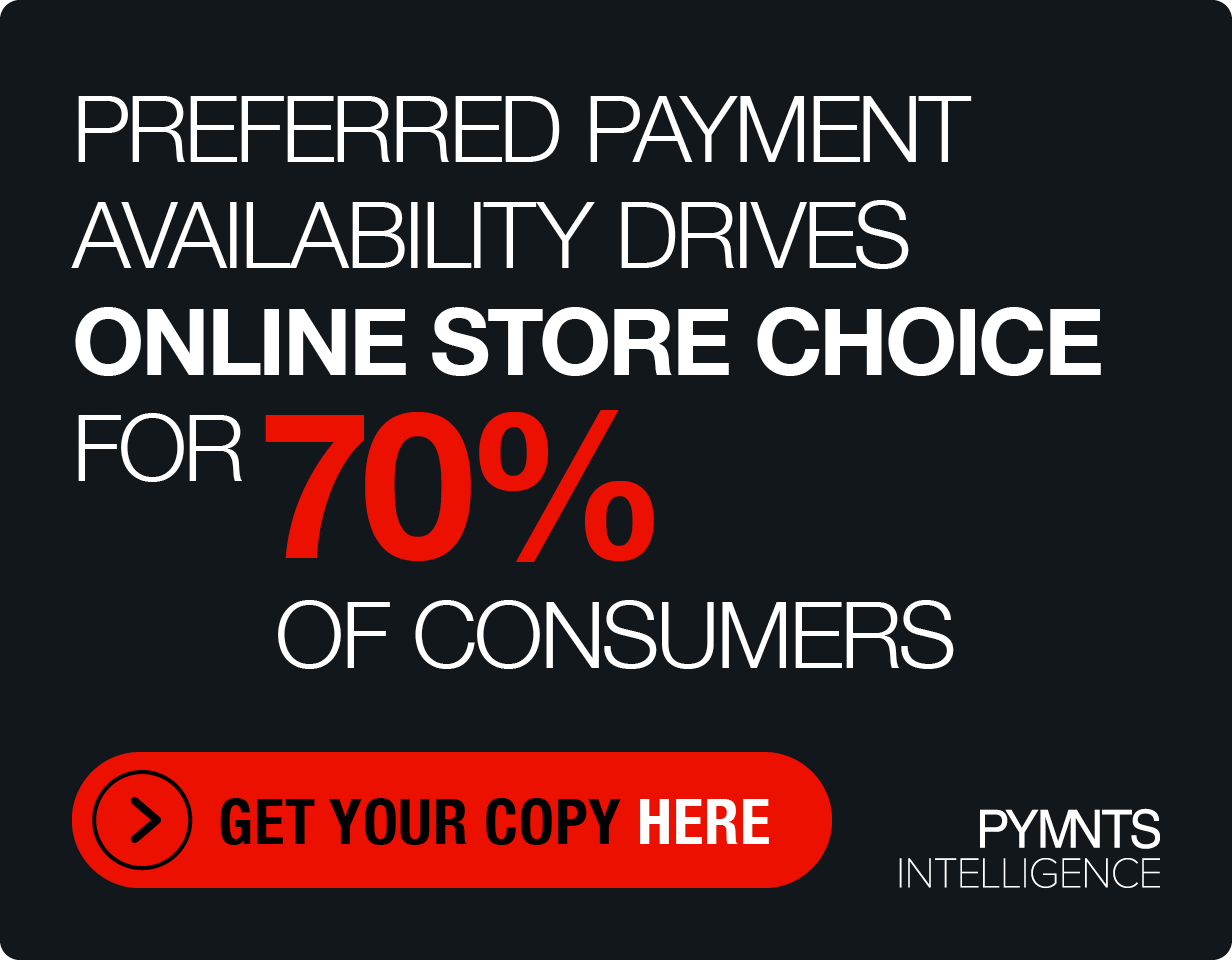Treasury Department Aims to Limit Federal Agencies’ Use of Checks

A federal agency is proposing more limits to the government’s use of paper checks.
In a notice of proposed rulemaking (NPRM) that is to be published in the Federal Register on Tuesday (Jan. 10), the Treasury Department’s Bureau of the Fiscal Service said that present regulations requires the federal government to deliver non-tax payments by electronic funds transfer (EFT). The bureau wants to further limit the waivers that are currently allowed on the existing regulation.
The NPRM would also allow the Treasury Department to nullify waivers that would lead to an “unusually large number or proportion” of payments using a method other than EFT and would clarify that the Treasury can assess a charge to federal agencies that fail to use EFT when required.
“The proposed changes reflect the reality that the use of electronic payments has expanded significantly since the waivers from the EFT mandate were first published in 1998 and also seek to take advantage of Treasury’s growing profile of electronic payment options, which are faster, less expensive and safer than paper checks,” the NPRM said. “Strengthening the EFT requirements as proposed in the NPRM is also consistent with Treasury’s commitment to reducing check payments.”
The current rule, which was issued in 1998 following the Debt Collection Improvement Act of 1996, allows waivers of the EFT mandate in cases where it would pose a hardship to individuals, for certain types of checks and in some other circumstances, according to the NPRM.
Since that time, the share of government payments disbursed by the Treasury Department rose to 78% in 2007 and 96% in 2021, the NPRM said.
New payments have come along as well during that time, including the Direct Express debit cards that now provide payments to 3.6 million recipients of federal benefit payments, per the NPRM.
The Treasury Department said in the NPRM that electronic payments are faster and less expensive than paper checks, are 16 times less likely to have post-payment issues, save some recipients from having to use check-cashing services and eliminate the environmental impact of check production and delivery.
“It is Treasury’s goal to create a modern, seamless and cost-effective Federal payment experience for the public,” the NPRM said. “Expanding the use of electronic payments and reducing the number of paper checks are essential to this goal.”
PYMNTS research has found that in the B2B space, even amid companies’ digitization efforts, 81% of businesses still pay other firms via paper checks.
Although there are impediments for these businesses in moving to automate their accounts payable and accounts receivable, the benefits include an 80% cost savings and 56% faster invoice processing.
The NPRM will be open to public comment for 60 days after its publication in the Federal Register.
